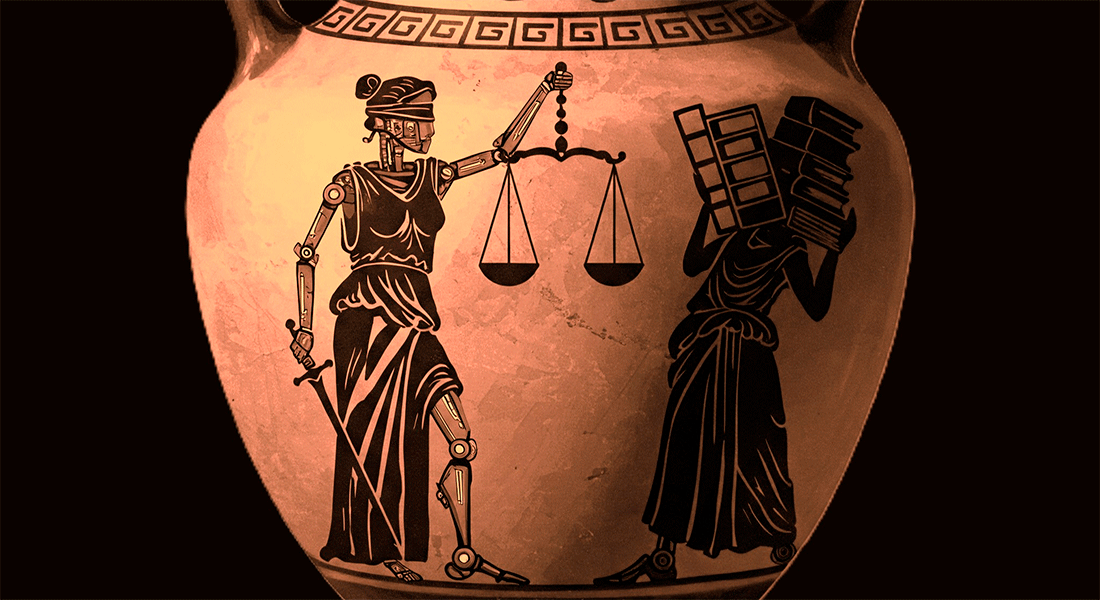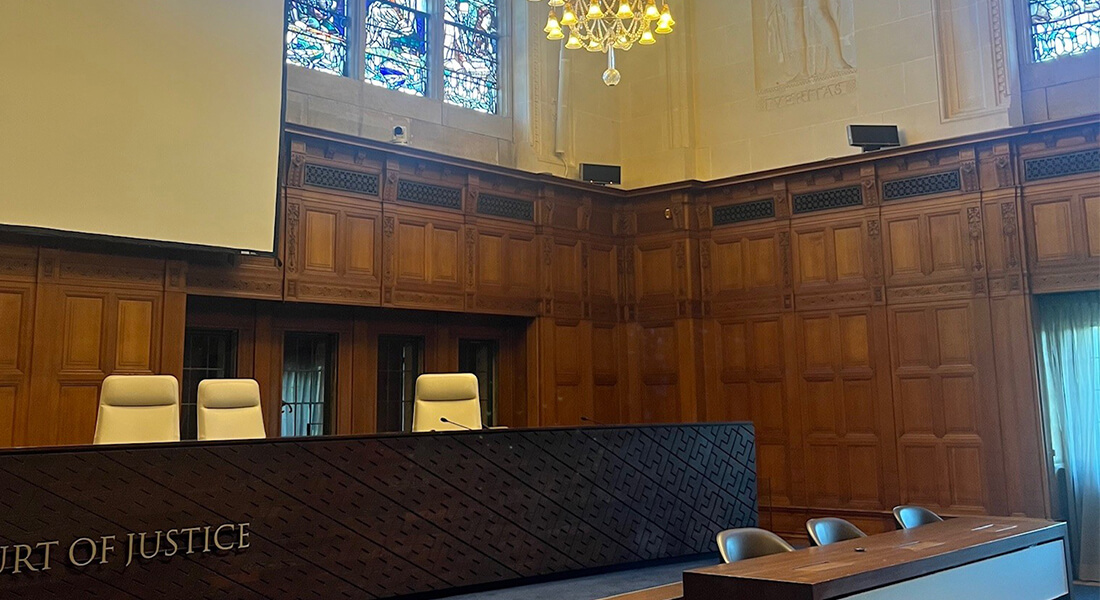This project investigates the use of automatic systems and artificial intelligence in the administration of justice.
Research
The Danish National Research Foundation’s Centre of Excellence for International Courts and Governance (iCourts) investigates the causes and effects of the growing number of international courts across the world. During its first period of research (2012-2018), iCourts’ research projects focused on the empirical processes related to the creation of international courts. The projects related to the new iCourts research agenda enlarge the perspective and ask about the world that international courts and law are helping to create.
In collaboration with partner organisations, iCourts is hosting several projects addressing the current legal, political, societal, and technological challenges that international courts are currently facing. These projects (listed below) are supported by prestigious funding organisations. These include the European Research Council, the Marie Sklodowska-Curie actions, the Independent Research Fund Denmark, Carlsberg foundation and the Joint Committee for Nordic Research Councils in the Humanities and Social Sciences.
These projects constitute an essential point of reference for the interdisciplinary and empirical study of international law and courts, an effort continually led by iCourts.












